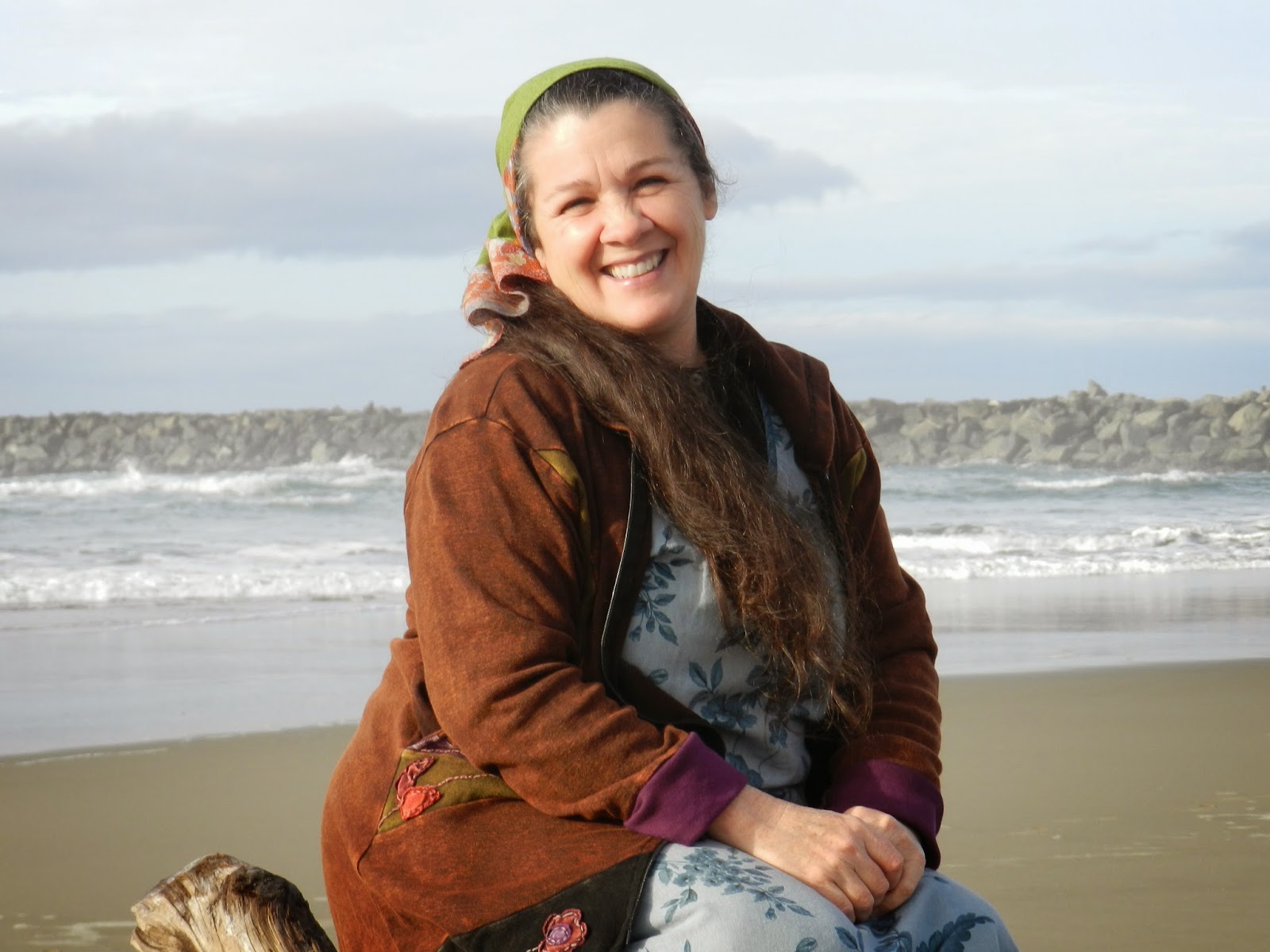By Ada Brownell
Excerpt from Swallowed by Life: Mysteries of Death, Resurrection and the Eternal
FREE THROUGH APRIL 12, 2015
From Chapter Five
The city where I
spent most of my newspaper career had and probably still has a bioethics forum.
The group drew up a detailed definition of brain death. The forum included
medical doctors, nurses, a nun, a hospital chaplain, the district attorney, a
social worker, and a psychologist.
Brain death, the
forum said, is the situation in which the brain has lost all its functions,
including thinking and the control of body movement, sensation, and vital
functions, such as control of temperature and breathing.
“Older
definitions of death used to depend on whether the heartbeat and breathing had
stopped,” a spokesman for the forum said. “But modern medicine has made this
definition questionable since there are so many times these situations can be
reversed. Sometimes surgeons even stop the heart on purpose, knowing they can
start it again when they are done working on it.”
Colorado Organ
Recovery Systems says clinical signs of brain death include:
* Deep coma of
known etiology (cause)
* Loss of
respiration (breathing)
* No response to
deep, painful stimuli
* No spontaneous
movement, which means there are no cranial (brain) reflexes, but some spinal
reflexes may be present
* No gag, cough,
or corneal (eye) reflexes
* No
occulocephalic or occulovestibular reflex (which also refers to cranial nerves)
* Irreversible
condition
* Normal body
temperature
* Acceptable
drug levels
To determine
brain death, confirmatory tests are done that include a cerebral blood flow
study; electroencephalogram (EEG), which measures brain waves; and evoked
response testing.
The EEG is vital
in determining brain death. The central nervous system is
amazing as it works
in our bodies, with electrical energy in nerve cells discharging in short
bursts, firing and discharging information to other cells with the help of
transmitter chemicals. Motor neurons send commands to muscles and glands. The
EEG translates electrical energy from electrodes connected to a patient’s head
into patterns a neurologist can see. Each time a nerve cell close to the
electrode fires, the electrode sends an electrical impulse to the EEG machine.
In brain death,
no electrical activity occurs.
Body temperature
also is important. Normal body temperature is essential, partly because persons
with very low body temperature with other apparent signs of death have been
brought back to life.
For instance,
Jan Egil Refsdahl, a Norwegian fish farmer, slipped on a boat’s fiberglass
deck, tumbled into forty-two-degree water, and appeared to drown. But his body
automatically closed the windpipe and kept water out of his lungs. His body
temperature dipped to seventy-five degrees. When he was rescued, Jan was
connected to a heart-lung machine, and his heart began to beat after four hours
of silence.
A child,
eleven-year-old Alvaro Garza Jr., was clinically dead for forty-five minutes
after he was immersed in frigid water in the ice-crusted Red River near Fargo,
North Dakota, but he recovered..
Drugs also might
skew some of the tests, so that is considered as well.
The brain death
certificate must have the date, time, and signature of the attending doctor.
The moment of
brain death appears to be the time when the soul leaves the flesh. I believe it
is the moment that death is swallowed by life.
As I said
before, from what I understand in scripture, the soul will be with the Lord
immediately and we will have some kind of spirit body, but the earthly body,
laid aside and unnecessary for now while we are with God in spirit, will live
again. Just as we go to sleep and know nothing for several hours, then awaken
as if nothing happened, the Bible tells us when our eyes close in death—at
whatever age—there will be a resurrection—an awakening—of the physical body.
I’ve previously
mentioned the Apostle Paul’s explanation of death in 1 Corinthians 15 where he
likened the death of the body to a seed planted in the ground:
Someone will say, ‘How are the dead raised up? And
with what body do they come?’ Foolish one, what you sow is not made alive
unless it dies. And what you sow, you do not sow that body that shall be, but
mere grain—perhaps wheat or some other grain. But God gives it a body as He
pleases, and to each seed its own body…So also is the resurrection of the dead.
The body is sown in corruption, it is raised in incorruption. It is sown in
dishonor, it is raised in glory. It is sown in weakness, it is raised in power.
It is sown a natural body, it is raised a spiritual
body. There is a natural body and there is a spiritual body.
There is so much
our finite minds can’t comprehend about death, the eternal, and our God. But
this we know, as did Job of old: “I know that my Redeemer liveth and that he
shall stand at the latter day upon the earth.” He added, “Even if worms destroy
this body, yet in my flesh I shall see God” (Job 19:25–26).
But our flesh
will be changed. Until then, we are mortals. Every human is at risk of death
every moment he lives. That’s why it’s vitally important to investigate and
know about eternal life. While the body decays in the ground, the eternal soul
lives on.
When
I think of death I’m reminded of this epitaph quoted by an evangelist at our
church. It reportedly appears on a grave from the 1880s in Nantucket,
Massachusetts:
Under the sod and under the trees
Lies the body of Jonathan Pease.
He is not here, there’s only the pod:
Pease shelled out and went to God.
© Copyright Ada Brownell 2011

















.jpg)